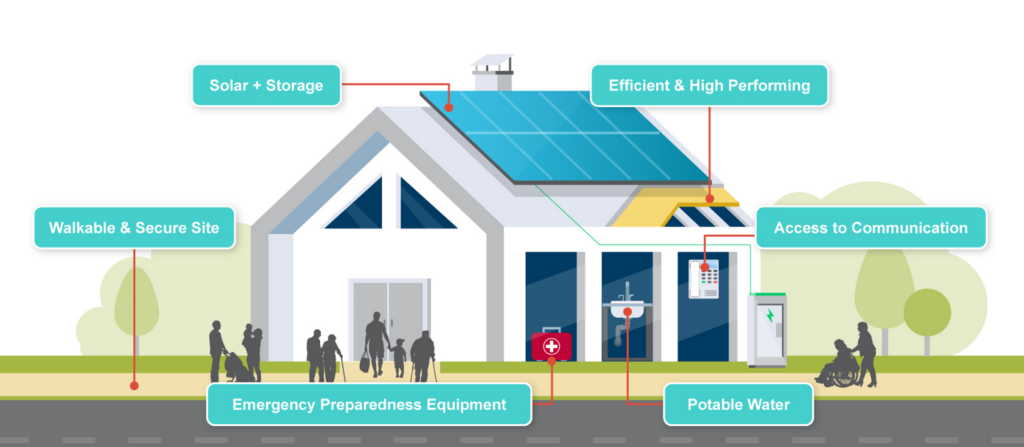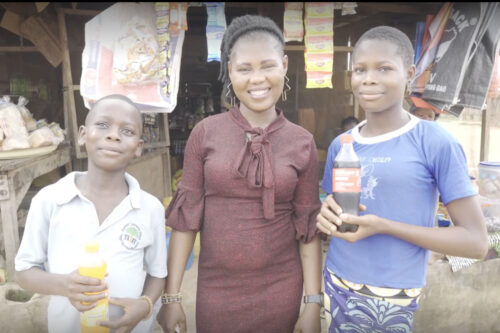
Climate Hope: Fueling Local Adaptation Measures around the World
Another IPCC report, another round of climate gloom. The findings of the latest IPCC report, released in February, are bleak. The report states that climate change is happening faster than expected and stressed the urgent need to accelerate adaptation measures. The window to take action is closing fast, causing U.N. secretary-general António Guterres to emphasize that “delay means death.”
As governments around the world urgently scramble to combine forces and mobilize efforts to step up climate action, there is an urgent need to learn from and scale up adaptation solutions already happening at a community level. While the urgency is real and the stakes high, it’s important to note that we need not start from scratch. Below we share some projects that show adaptation measures on a local scale with leadership from members of the community and prove that, if we continue elevating and scaling grassroots adaptation solutions, all is not doom and gloom.
Community Resilience in Puerto Rico
The Puerto Rico Community Energy Resilience Initiative (CERI) was formed after Hurricane Maria struck Puerto Rico in 2017, causing the longest power outage in US history. CERI is advancing access to reliable and renewable energy for critical facilities in low- to moderate-income, often remote, communities using solar-plus-storage microgrids. Currently, the CERI team is installing three pilot projects at critical facilities: one pharmacy, one fueling station that includes a supermarket and hardware store, and one pre-vocational training nonprofit.
The projects are in pursuit of creating a financing vehicle that will offer finance to critical facilities that struggle to get loans combined with technical support to ensure that the systems they install are suited exactly to their needs. This financing vehicle aims to then allow hundreds of facilities across the island to benefit from affordable and resilient electricity. The projects, which put Puerto Rican communities that received limited aid after disasters in the driver’s seat, are enabling all community members to receive critical services such as health care, food, water, and education when needed most.
“Every day we have higher electricity bills. The entire world should change to renewable energy, it is necessary… People should realize to have equality, everyone should go solar.”
– Nilsa Lopez Rivera, Founder & CEO of IPVI (Instituto Pre-Vocacional E Industrial)
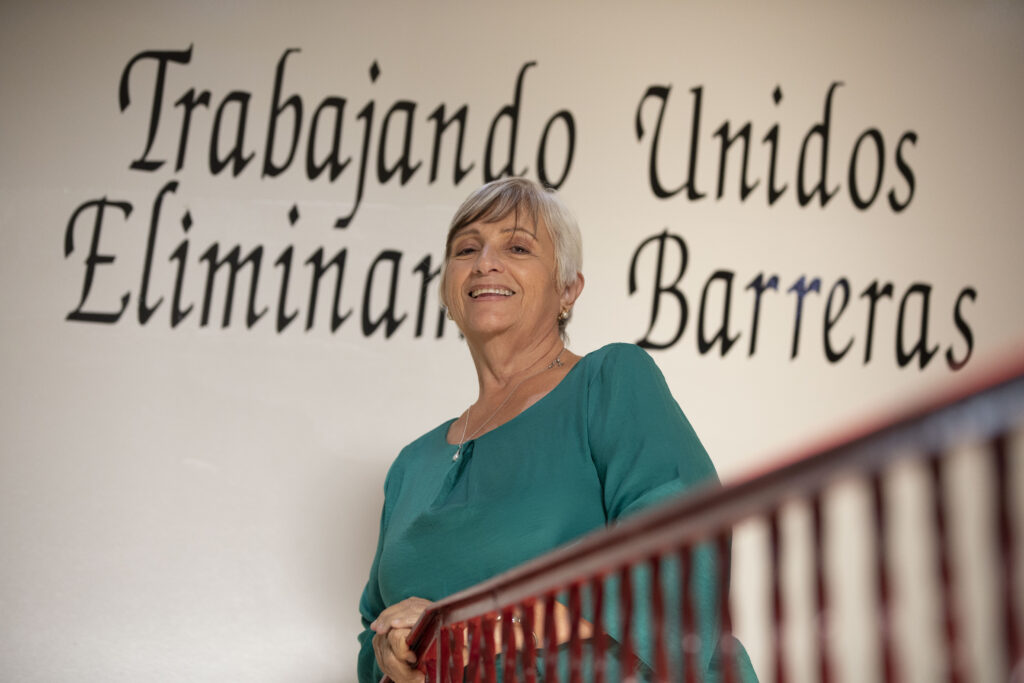
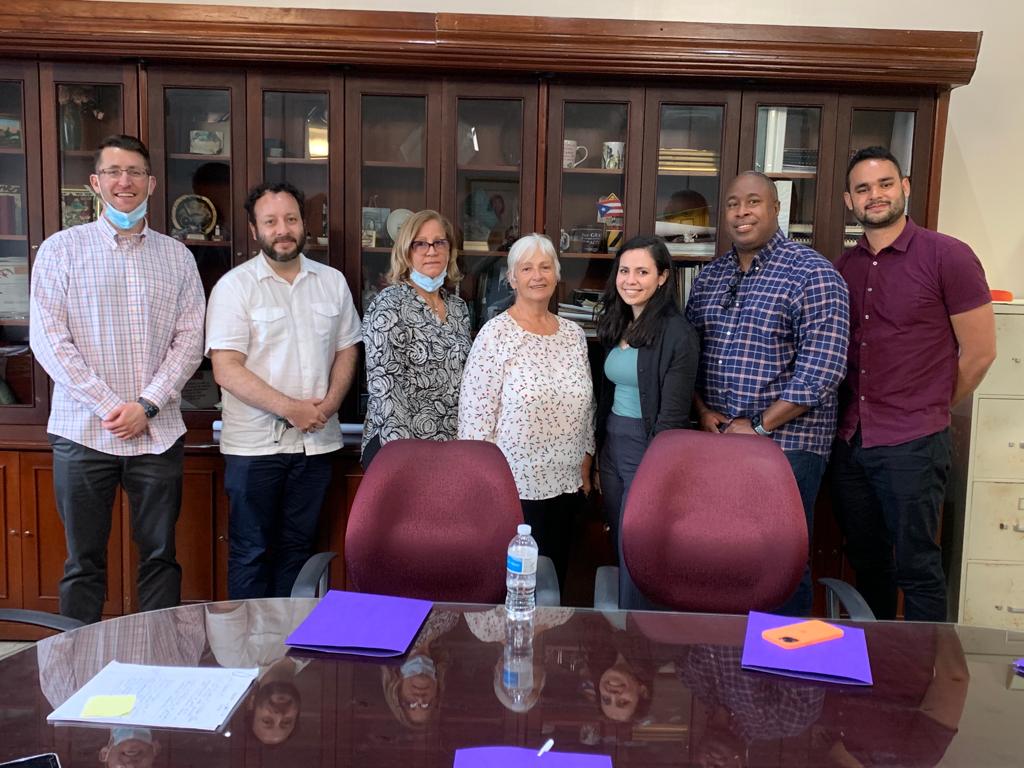
Serving the Underserved in Africa
The community of Mokoloki in Nigeria had grid electricity, but only for a few hours and a couple of days per week. The poor electricity from the grid greatly affected the economic development of the community. We call this being “under the grid.” In 2020, RMI, in conjunction with Ibadan Electricity Distribution Company, Nayo Tropical Technologies, the Nigerian Rural Electrification Agency, and Mokoloki community leaders, installed the country’s first commercial undergrid minigrid in the community. The solar-powered Mokoloki undergrid minigrid provides reliable, sustainable, and affordable electricity to over 1,000 people and can be a model solution for the more than 200 million households underserved by traditional utilities worldwide.
“When there is light, there is always life… those that are using [the minigrid] for business — using it for freezers, using it for selling drinks — are enjoying it. The minigrid is a pride to me. I am happy to have it in my community here.”
– Oba Ademola Joseph Ogunbona, leader of Mokoloki
Enabling Country Ownership in the Pacific
Discussions at COP26 highlighted the need for increased funding to support community resilience and climate adaptation efforts in the Global South. Meanwhile, developing countries struggle to access even existing funds thanks to complex and overly bureaucratic systems. RMI’s Climate Finance Access Network (CFAN) provides countries in the Global South with the expert support they need to unlock critical climate finance.
Fiji, Kiribati, Papua New Guinea, Samoa, the Solomon Islands, Tonga, Tuvalu, and Vanuatu are nations that face some of the worst effects of climate change. Each has requested and received support in the form of CFAN advisors. These advisors, recruited locally and regionally, are embedded in their host countries and receive specialized training from CFAN in how to attract climate investments, utilize innovative financing instruments, develop bankable projects, and improve project approval rates, all of which can increase climate finance flows into the countries. Ultimately, these advisors bring much needed added capacity to key ministries, reduce reliance on external expertise, and build lasting in-country capacity and knowledge. (Learn more at cfanadvisors.org.)
“The role for me is a challenging opportunity to further enhance my finance knowledge and make significant contributions towards climate change mitigation and adaptation objectives of Fiji.”
– Shelveen Kumar, Fiji’s CFAN Advisor
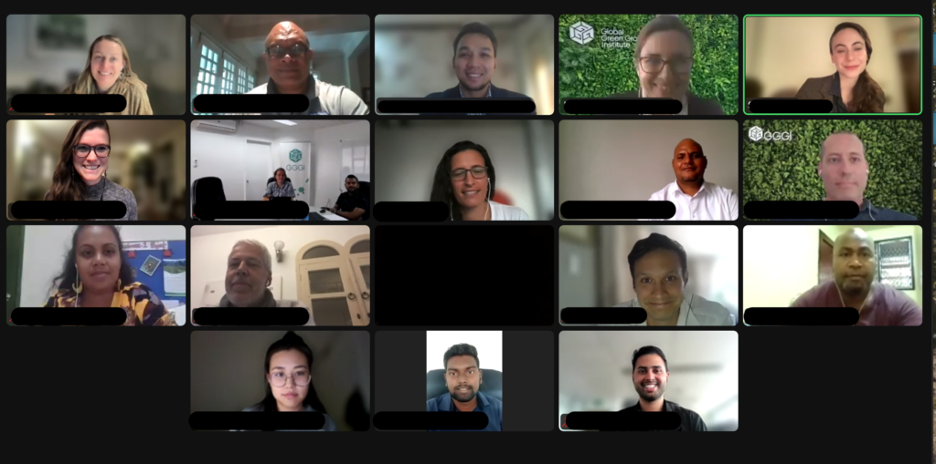
Creating Community Resilience Hubs in Texas
When Storm Uri slammed into Texas one year ago, it left more than 200 people dead and close to 4.5 million people without power. Since then, local Texas governments have been implementing community resilience hubs, with technical assistance from RMI, to provide people with shelter, backup power, and resource distribution before, during, and after disasters. They act as nodes of communication keeping surrounding residents informed. They also advance social equity by providing services to low-income and minority neighborhoods, which were hit especially hard during Storm Uri and were more likely to lose power first and have it restored last.
Austin has invested $3 million to create hubs around the city, with six already planned for 2022. And Houston has already identified a low-income neighborhood to implement the city’s first resilience hub, working with the community to identify what services should be included.
“Winter Storm Uri was a powerful reminder that climate change is already altering Austin’s way of life. We’ve been working with RMI to increase the City’s ability to deal with extreme weather and other climate change impacts through resilience hubs. We will soon be starting to build a network of dozens of resilience hubs throughout the city available to everyone within a 15-minute walk.”
– Marc Coudert, City of Austin, Office of Sustainability
